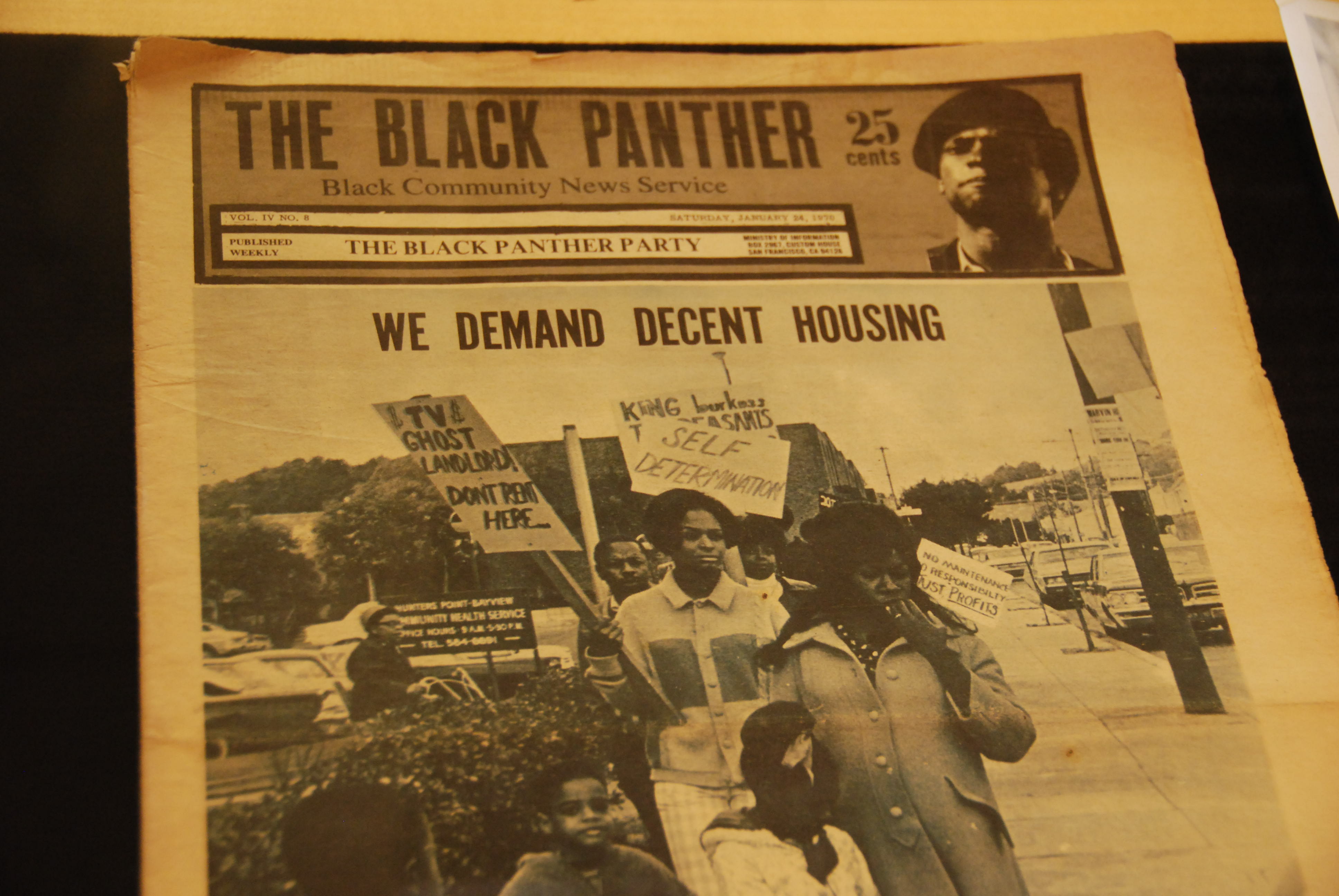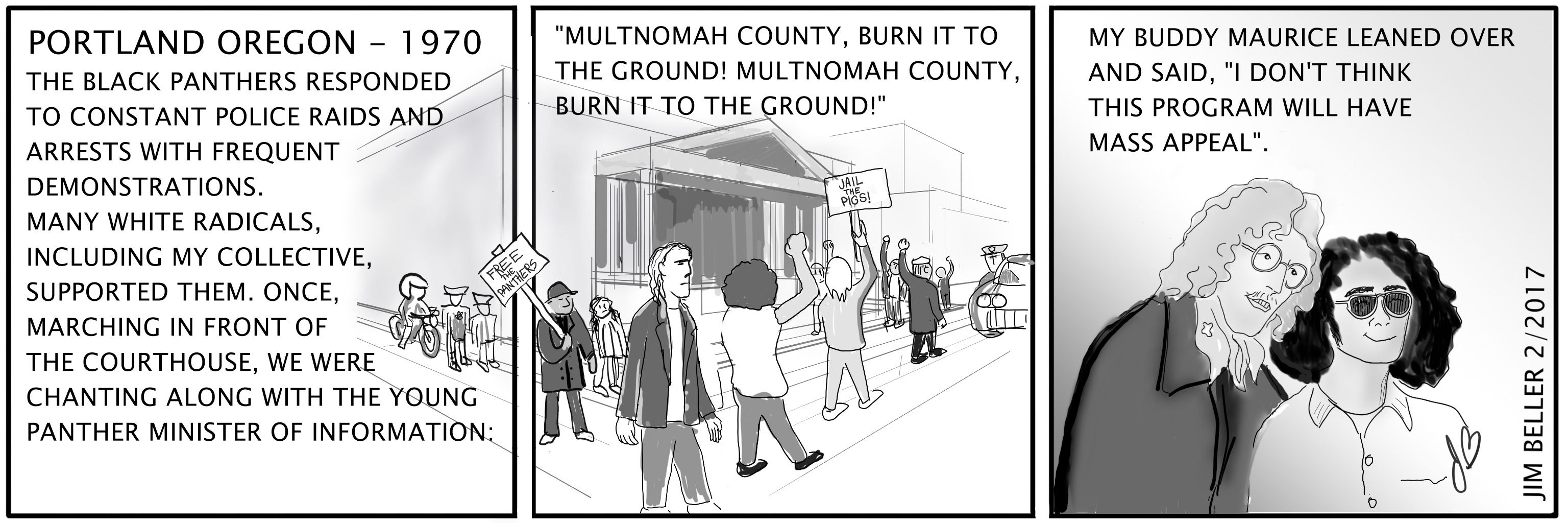
Black is beautiful, and the history will always make you laugh, make you cry, make you question your beliefs, comfort your soul and act on your natural feelings, and that is what the Black Panther Party did. The Black Panthers acted on their feelings and tried their best to do what they thought was best for the people in their community.
The Black Panther Party was founded 50 years ago, and still there are many misconceptions about its revolutionary work. The Black Panthers were established in 1966 by Huey Newton and Bobby Seale. The two leading revolutionary men created this national organization as a way to collectively combat white oppression after constantly seeing the black community suffer from the torturous practices of police officers around the nation. Newton and Seale helped form the pioneering blwack liberation group to help build community and confront corrupt systems of power.
The Black Panthers established a unified platform, and their goals for the party were outlined in a 10-point plan that included demands for freedom, land, housing, employment, and education, among other important objectives.
Their mission sounds like and reminds me of a wonderful place that provides the same guidelines: The Coalition on Homelessness, the beautiful organization that employs me.
Black Panthers monitored the behavior of the police in the black communities. In 1966, police violence ran rampant, and the need to protect black people from state-sanctioned violence was crucial. Armed Black Panther members would show up during police arrests of black people standing at a legal distance and monitor their interactions. It was to make sure there was no brutality. Both the Panther members and officers would stand facing one another, armed with guns, an act that was in line with California’s open-carry law at the time. These confrontations, in a way, allowed the Panthers to protect their communities, as well as police the police. The Panthers grew tremendously and drew attention in cities everywhere. Lots of people tend to only see good people for the bad things they may have done, but today I would like to commend the party for its greatness.
After the big Free Huey Newton rally in 1967, which protested the imprisonment of Huey, the group also took on issues such as housing, welfare and health, making it relatable to black people everywhere. The Black Panther party launched a free breakfast program for children, because they saw a serious need to nurture black disenfranchised communities. They spent two hours each morning cooking breakfast for children in poor neighborhoods before school. Studies showed that children who didn’t have a good breakfast in the morning were less attentive in school, less inclined to do well, and suffered from fatigue. The party served about 20,000 meals per week and it became the party’s most successful program.
The Panthers made enemies in high places, like J. Edgar Hoover. The longtime FBI director launched a mass destruction of the breakfast program and single-handedly tried to sabotage the food. Fortunately, nothing became of his efforts to destroy and undermine the program—in fact, the programs are still rapidly up and running today, thanks to the Panthers’ contributions and consistent care. The free breakfasts led to the creation of the federal Women, Infants and Children program.
Back in the 1960s, the Black Panther Party was a controversial group, and it remains so today. As I said once before, people tend to forget the good deeds the Black Panther Party was able to accomplish despite all odds against them. I see the spirit of the Black Panthers living on in each of us every day, whether we are black, white, Hispanic, Asian or whatever our ethnic background. It shows in the dedication and strength we provide each day. We stand and fight for what is right, not what is right now. For that, I’m most grateful to be a proud African American mother, woman and child.


